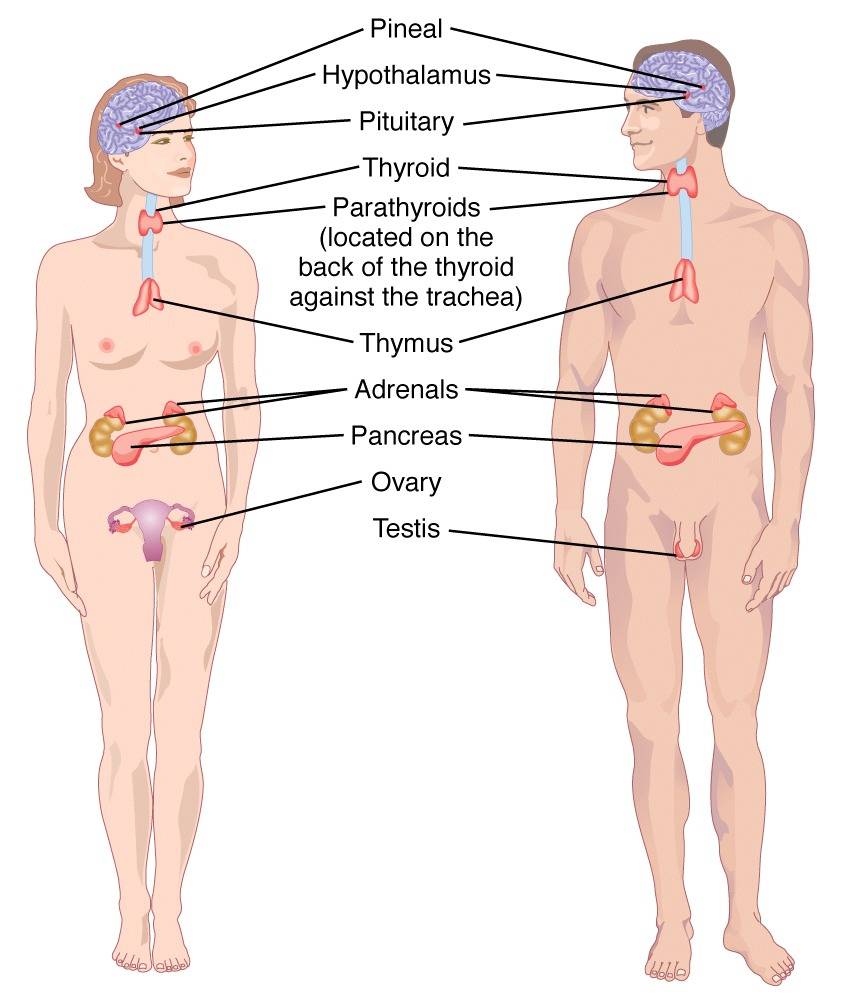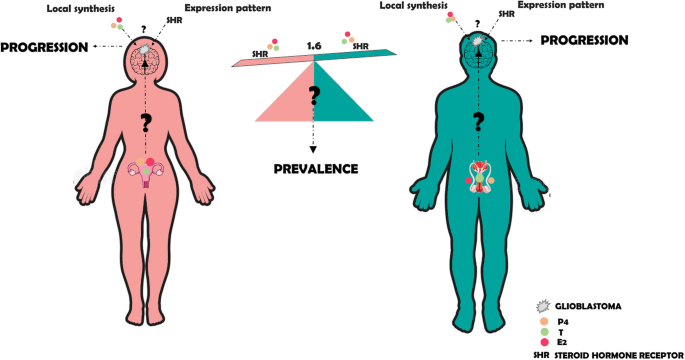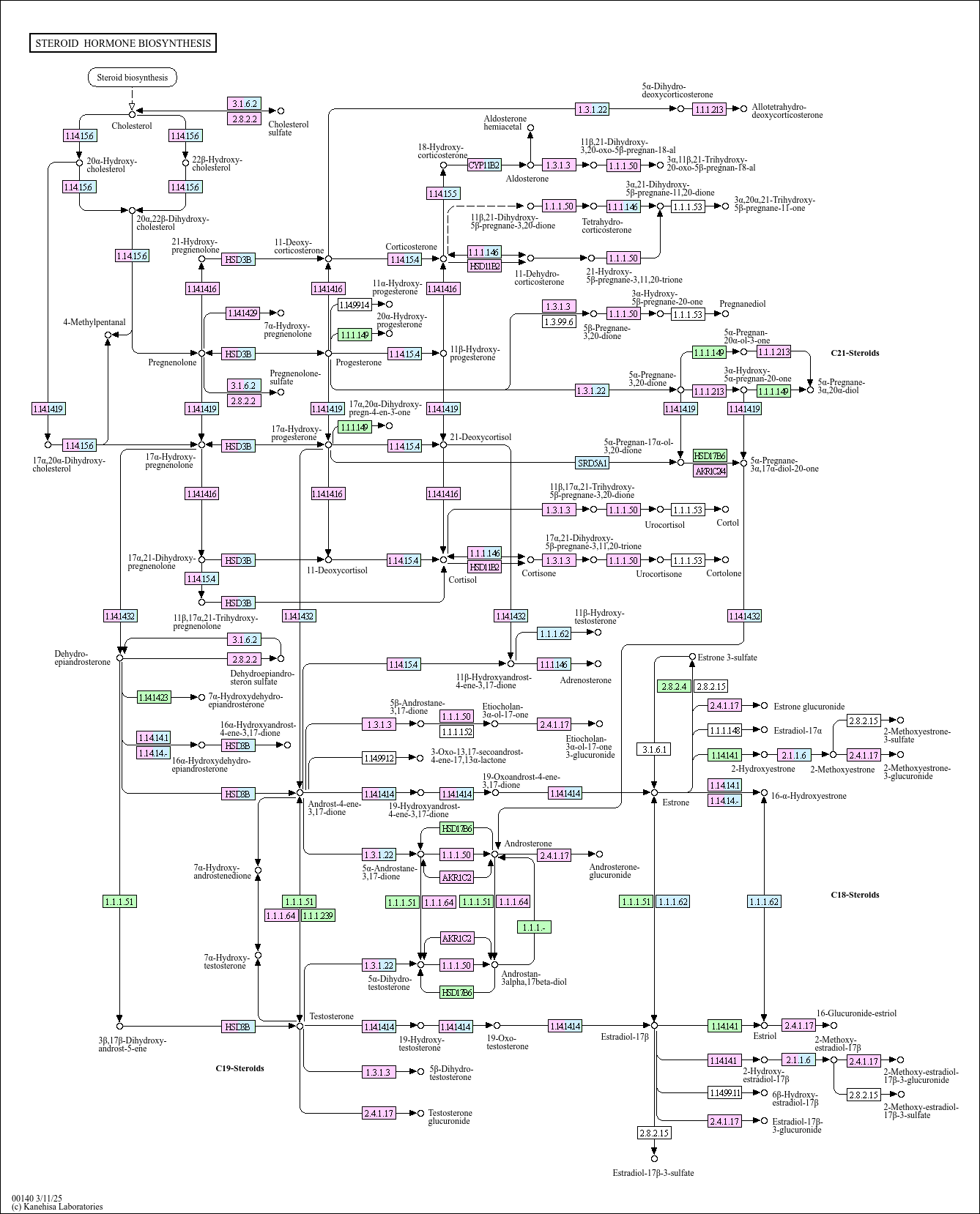

This allows the receptor to come in contact with the extracellular, as well as intracellular environment. Receptors for peptide hormones are proteins and glycoproteins embedded in the cell membrane that travel across the membrane at least once. Peptide HormonesĪs the peptide hormone binds to a receptor on the surface of the cell membrane, it activates a signaling pathway that induces intracellular activity. The receptors for the peptide hormone are located at the surface of the cell. Since peptide hormones are water-soluble, they cannot enter the target cell. In case of the steroid hormone, the receptors are found in the cytoplasm or the nucleus.

One of the major differences between steroid and peptide hormone is the location of the receptor. Cortisol, estrogen, androgens, progesterone, and calcitriol (active metabolite of vitamin D3) are examples of steroid hormones.

While steroid hormones are lipids or fat-soluble molecules that are made from cholesterol, peptide hormones are chains of amino acids that are water-soluble in nature. Let’s understand the formation of hormone-receptor complex in case of steroid and peptide hormones. These proteins perform several vital functions, such as producing enzymes that accelerate vital chemical reactions or other vital cellular processes. Once the hormone binds to the receptor, a chain of events takes place, which eventually leads to the generation of proteins. The receptor is basically a protein synthesized by the target cell. For the hormone to cause the intended effect, it has to attach to a specific receptor at the target cell. While receptors of certain hormones are present in the nucleus of the target cell, some might be located in the cell cytoplasm or on the surface of the cell membrane. Steroid and peptide hormones also differ in terms of the location of the receptors.

It must be noted that the location of receptors in the target cell varies, depending on the type of hormone. The hypothalamus produces certain releasing hormones that stimulate the secretion of certain hormones by the pituitary gland, which in turn cause specific effects in the target tissues or organs of the body. It is the part of the brain called hypothalamus that acts as a link between the endocrine system and the nervous system. It must be noted that they only interact with these receptors, thereby producing a specific effect. The hormones are able to induce a specific effect on the target cell or organ by binding to a specific receptor at the target cell/tissue/organ. On the basis of their structure, they are classified into four types: steroids, peptides, amino acid derivatives, and fatty acid compounds. Hormones are biochemicals that have a specific regulatory effect on the activity of the target cells or organs. They are also credited with discovering the first hormone called secretin, in 1902. The term ‘hormone’ was coined by English physiologists William M. In this Bodytomy write-up, we will provide information on the difference between steroid and peptide hormones. These travel through the blood to a target tissue and organ, where they produce a specific effect. Hormones are chemicals that are produced by the endocrine glands.


 0 kommentar(er)
0 kommentar(er)
